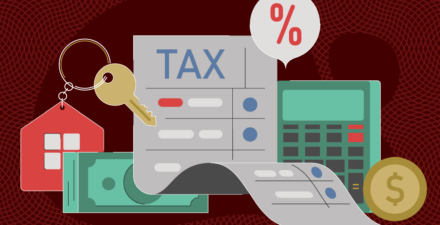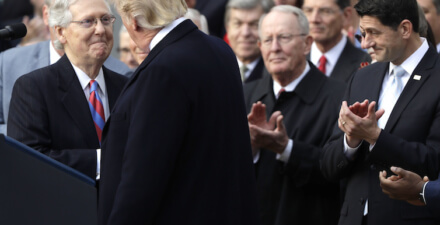A strong economy is one that operates at its potential and delivers a high standard of living to the entire population. Monetary, fiscal, and tax policy all play important roles in determining the level and distribution of income, wealth, and other, broader measures of economic wellbeing. Equitable Growth promotes research to improve our understanding of how these policy tools can ensure the economy works for everyone, and reduce the impact of economic downturns.
Featured Research
Book
Recession ReadyRecession Ready
Edited by Heather Boushey, Ryan Nunn, and Jay Shambaugh
Experts on the issue
Connect with us!
Get in Touch
Explore the Equitable Growth network of experts around the country and get answers to today's most pressing questions!


















